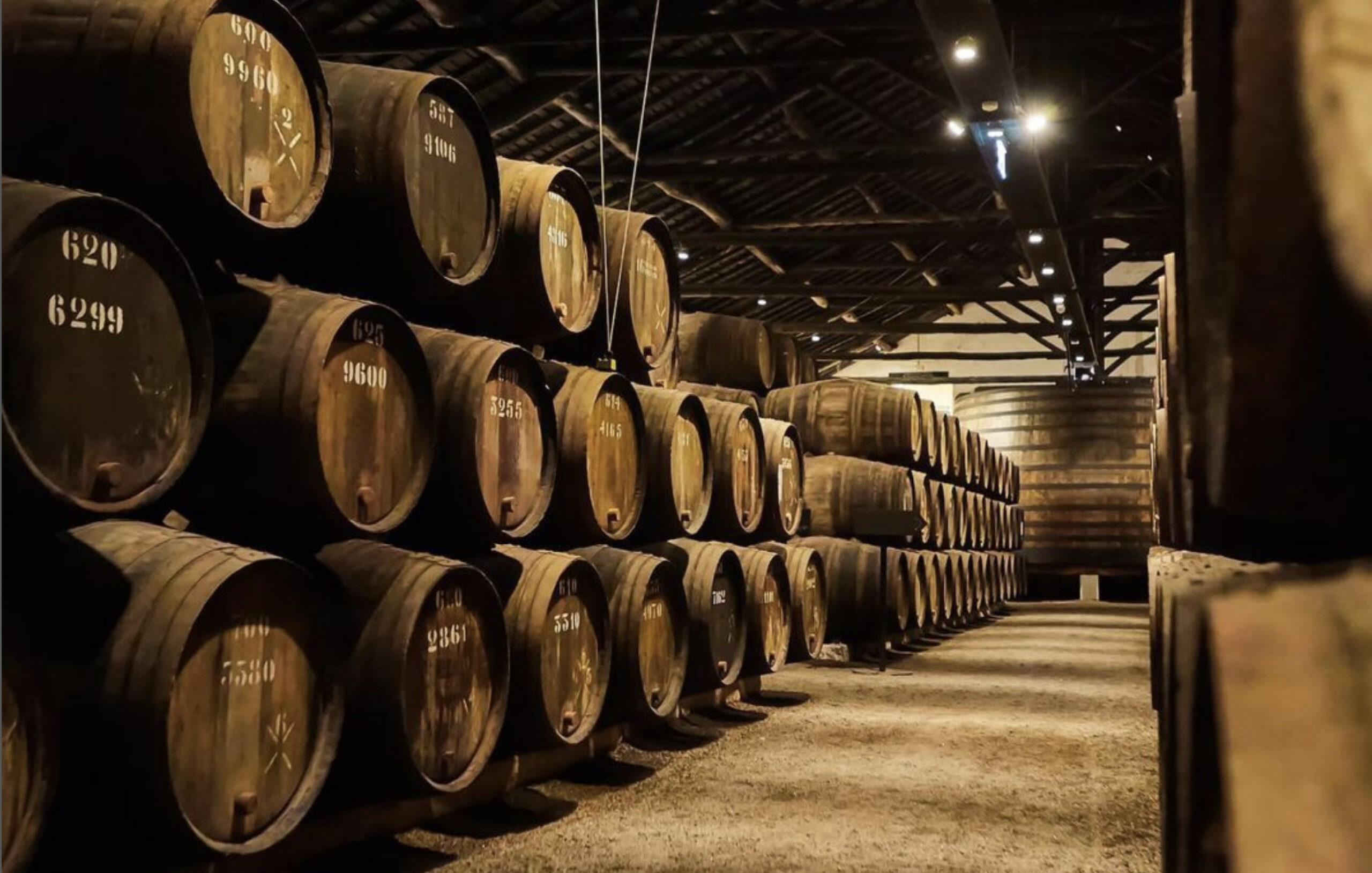Many of the 140 malt and grain distilleries across Scotland are actively looking to capitalise on the boom in whisky tourism in recent years from the general consumer, as well as those looking at whisky investment.
This has resulted in distilleries ploughing large sums of money into expanding the whole ‘experience’ of whisky, ranging from basic distillery tours to purpose-built visitor centres and whisky-themed attractions. In 2022 alone, visitor numbers to Scotch whisky visitor centres topped two million, according to the Scotch Whisky Association.
Whilst this is good news for whisky tourism, what impact is it having on the whisky market as a whole and the local communities where distilleries are located? How can distilleries and those looking to capitalise on whisky investment take the right steps to support local communities and manage overwhelming interest instead of leaving locals feeling overwhelmed?
The rise of Scotch whisky investment
There is no doubt that tourism in Scotland can benefit hugely from the whisky market, with many distilleries able to charge a premium in line with demand in some circumstances. For example, distilleries often offer exclusive and premium products to cater specifically to tourists. These higher-priced offerings can boost profits, especially if tourists are willing to pay a premium for unique experiences and limited editions.
Whisky tourism can also attract collectors and those interested in Scotch whisky investment, i.e., those who are willing to pay a premium for rare and aged Scotch whiskies, further benefiting the market.
The price of barrelled whisky is inherently linked to the prices of bottles purchased by consumers and the growing popularity of the drink across international markets has a positive impact on investment potential.
Often referred to as ‘liquid gold’, investors are turning to whisky casks to diversify their investment portfolios, with the BC20 Index showing a 15.86% annual capital growth rate in 2022 – demonstrating just how significant the interest in whisky investment has become in recent years.
However, it’s important to note that while premium pricing can benefit the industry in some cases, it should be done carefully to maintain the balance between accessibility and exclusivity. Too much emphasis on high prices can deter certain consumer and whisky investment segments and may lead to issues with affordability and inclusivity in the whisky market.
As well as bringing more investment into the region, whisky tourism also brings more people and footfall to an area – which can have both positive and negative effects. Communities can feel overwhelmed by the number of visitors, with pressure put on the local infrastructure, and often quiet nature, of some of the more remote distillery locations.
For example, the small and once tranquil island of Islay, located off the west coast of mainland Scotland, will soon find itself home to 14 distilleries with money pouring into the region as interest in single malt whisky in particular continues to rise.
How whisky investment can benefit local communities
With more than £85 million spent at sites across Scotland’s five whisky regions since 2010, the whisky industry has a key role to play in tourism revenue. That said, it’s important that cask investors do not get carried along in the wave or lose sight of where the best investment opportunities lie.
It can be difficult to know how to invest in whisky that supports the local economy rather than suffocating it. While tourism is of huge benefit, it needs to be backed by the community and not detrimental to those who live there.
Here are a few tips to support communities whilst making the right Scotch whisky investment:
- Only invest in top distilleries that support the local economy. It’s important to select distilleries based on merit, history and worldwide demand. At Whisky 1901, we only work with the top 20-40 distilleries in Scotland, owned by big brands like Diageo, Suntory Holdings and Edrington Group, i.e. those that invest their money back into marketing and tourism which, in turn, increases the brand value and credibility.
- Consider where your investment will be housed. Purpose-built facilities like our Glenrothes warehouses are a good way to ensure that whisky tourism doesn’t have too great an impact on some of the smaller communities who might become overwhelmed by the impact of tourism.
- Do your research. Find a reputable whisky broker to help you understand how to invest in whisky. A knowledgeable consultant should be able to guide you through the entire process of purchasing, owning, managing, and eventually realising your whisky investment, so you can make the right decisions at the right time for the benefit of all.
For more information on how to make the most of your whisky investments while supporting local communities, download our investment guide.




